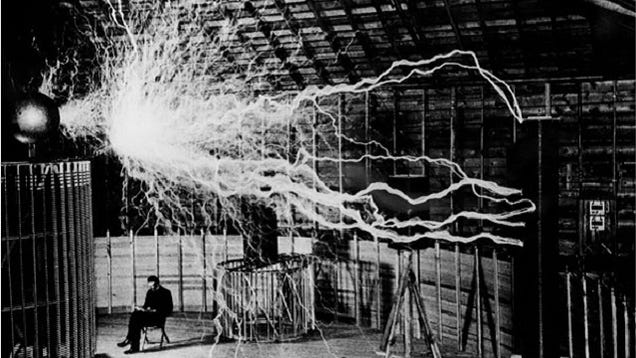Hickorystick
Established Member
Hello
In my new workshop I'm currently lining the garage and will be putting in a set of 5 fluorescent lights on a ring circuit and also 6 double sockets on a ring. The double sockets will be purely for hand tools, radio, extraction etc.
My shopping list of machines includes a bandsaw and a tablesaw both needing 16amp supply. I will only be using one of these machines at a time.
So, I will have one lighting circuit, one power socket circuit and also a need for a minimum 16amp outlet for the machines.
2 questions for those who are electrically savvy...
Do I need a separate consumer unit in the garage in order to do connect these 3 different circuits ?
Will the supply to the garage just connect to a spare slot in the consumer unit in the house - except with a 16amp+ fuse in it ?
Im planning on putting in the lighting and power outlet circuits in myself and will have an electrician make the connections back to the house. Just want some understanding before I talk to a sparky...
Thanks
Phil
In my new workshop I'm currently lining the garage and will be putting in a set of 5 fluorescent lights on a ring circuit and also 6 double sockets on a ring. The double sockets will be purely for hand tools, radio, extraction etc.
My shopping list of machines includes a bandsaw and a tablesaw both needing 16amp supply. I will only be using one of these machines at a time.
So, I will have one lighting circuit, one power socket circuit and also a need for a minimum 16amp outlet for the machines.
2 questions for those who are electrically savvy...
Do I need a separate consumer unit in the garage in order to do connect these 3 different circuits ?
Will the supply to the garage just connect to a spare slot in the consumer unit in the house - except with a 16amp+ fuse in it ?
Im planning on putting in the lighting and power outlet circuits in myself and will have an electrician make the connections back to the house. Just want some understanding before I talk to a sparky...
Thanks
Phil





